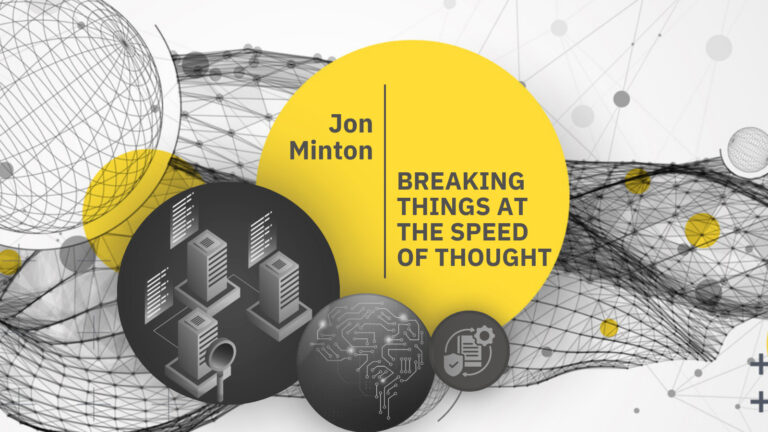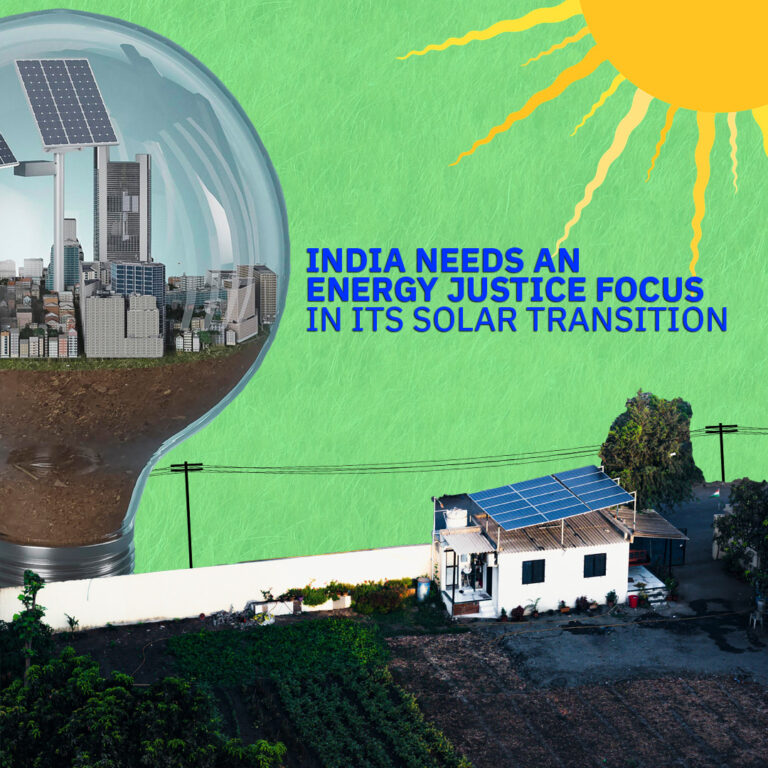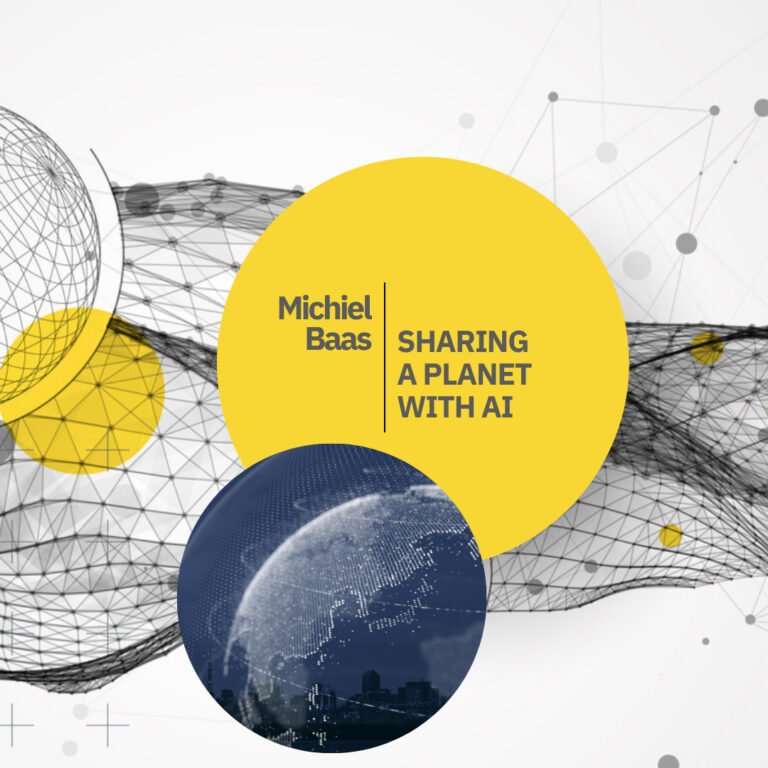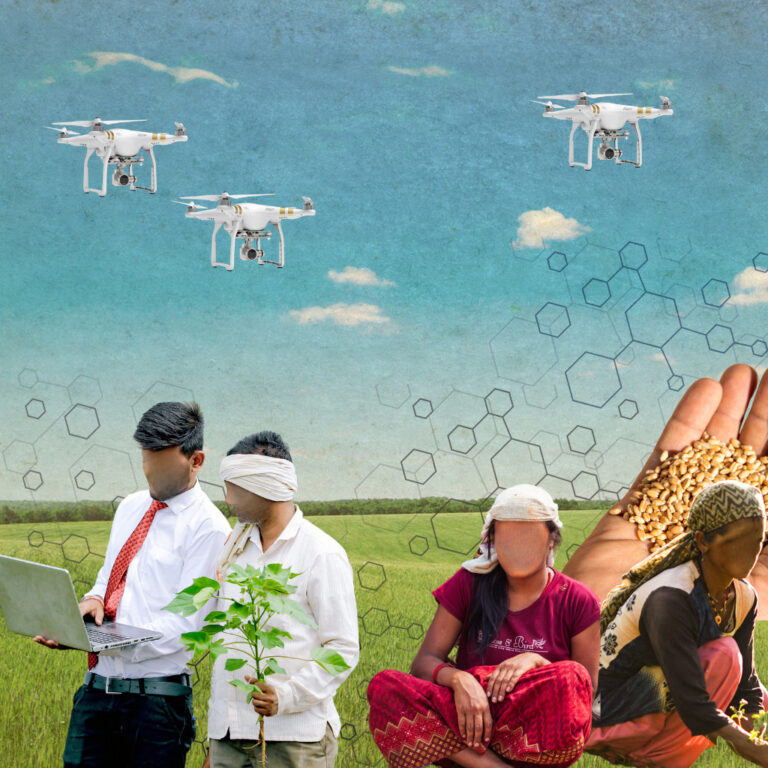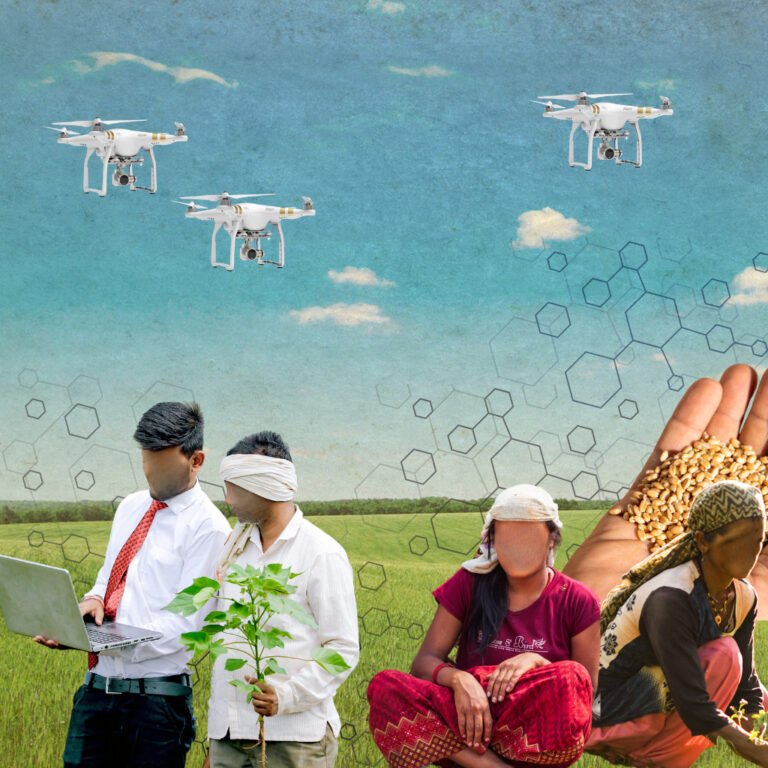Our Publications
Our insights and analysis of sustainable transitions that shape policy narrative and future practice
ALL PUBLICATIONS
As the world grapples with the complex crisis of climate change, it has become increasingly evident that a robust solution demands an inclusive approach. This year, as we commemorate International Women’s Day under the theme “Invest in Women: Accelerate Progress”, we highlight the crucial role of women’s economic empowerment in promoting equality. The theme “Inspire Inclusion” emphasises the importance of a broader approach that extends beyond just economic considerations....
Despite near universal access to electricity, gendered inequities in electricity usage hinder India’s progress on sustainable development goals. As energy policy focuses on renewable energy, socio-cultural shifts must also be prioritised to improve women’s agency over electricity use.
In the second issue of our AI+ blog series, where we aim to examine the interplay of AI with other facets of our lives, Jon Minton highlights the need to have patience instead of speed in the development of AI to protect the interests of users and optimise AI in building better infrastructures, not threaten the ones we have.
In her latest blog, Shantha V. addresses the frequently overlooked challenges of climate justice in India’s massive solar parks. Through an analysis of Charanaka solar park in Gujarat, Bhadla solar park in Rajasthan, and Pavagada solar park in Karnataka, she highlights the many risks and opportunities these large infrastructure projects pose.
This blog highlights the importance of understanding the "black box" of AI to ascertain its accuracy, and be fully involved in the future of the world, where AI will play a significant role.
This blog series aims to explore the various dimensions of AI as socio-technological assemblage, and examine its situatedness within diverse social worlds.
Instead of envisioning “world-class” futures for India’s cities, we need a new imagination for equitable, climate resilient and low carbon urbanisation.
This blog post examines the human, and social dimensions of AI’s implications in Indian agriculture through two speculative fiction case-studies set in the year 2040. In the final part of this series, we underscore the importance of contextualising AI technologies and their diffusion, use and governance.
This blog post examines the human, and social dimensions of AI’s implications in Indian agriculture through two speculative fiction case-studies set in the year 2040. This is part 2 of a 3-part series, where through the narrative of Pravesh, a smallholder farmer in Karnatka, we grapple with the potential trade-offs and dependencies woven into the promise of AI-based technological progress.
This blog post examines the human, and social dimensions of AI’s implications in Indian agriculture through two speculative fiction case-studies set in the year 2040. The post is part of a three part series. This is part one of the series.



